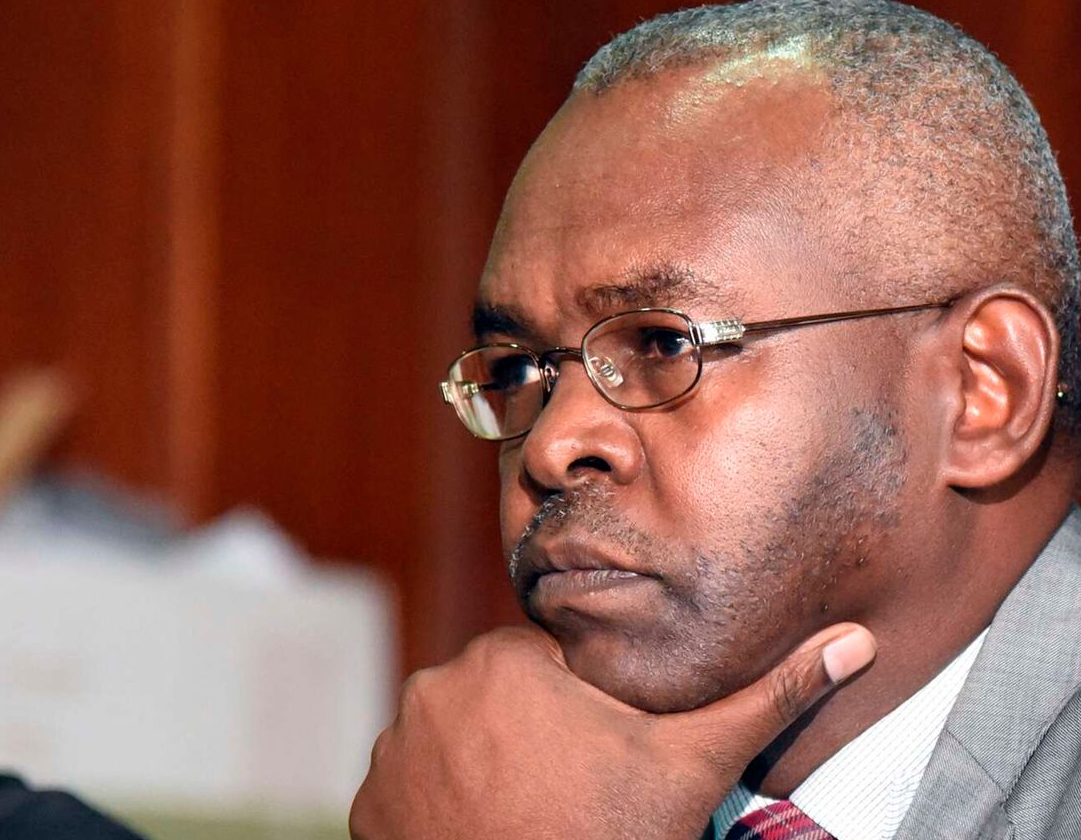Love, they say, is forever. But for widows in Kenya, forever can be a harsh and uncertain path. When the vow “till death do us part” is made, it often doesn’t take into account the seismic shift in life that follows for many women.
In a country where widows are often left to navigate a sea of silent struggles, rejection, and poverty, the weight of loss is compounded by harsh societal judgment and the denial of their property rights. For too many, the grief of losing a partner is only the beginning of a much darker journey.
In Kenya, widows make up about 15% of the population, with research showing a staggering 50% lose their spouses before the age of 40. This means that millions of women are forced into lives of isolation and despair. There are over 8 million widows in Kenya, each carrying a unique and often heartbreaking story. The world they knew—a shared love, partnership, and mutual care for children and parents—suddenly vanishes, leaving them vulnerable to poverty, neglect, and discrimination.
But there is hope on the horizon. The Widows Empowerment Programme, led by Principal Secretary Raymond Omollo in Kenya’s Ministry of Internal Security, is changing the narrative for widows across the country. This program is not just about survival; it’s about giving widows the power to rebuild their lives, restore their dignity, and offer their children a brighter future.
Take the story of Eunice Ogallo, a widow from Kisumu. Five years ago, after her husband passed away, she and her three grandchildren found themselves living in appalling conditions. With a damaged roof and no shelter from the rain, they were forced to sleep outside with the cows, exposed to the elements every night.
![One of the beneficiaries of Dr Raymond Omollo's Widows Empowerment Programme. [Photo/Widows Empowerment Programme]](https://businesstoday.co.ke/wp-content/uploads/2025/02/Widows-Empowerment-Programme.png)

With 150 widows in their group, Jane’s community was given Ksh 100,000, a financial boost that enabled them to start their own business ventures, such as table banking and chair rentals for events. Jane reflects on the transformation: “Many of us used to work for others, drying or selling fish all day just to earn Ksh 200. But now, we can borrow funds, invest in our businesses, and repay with a small interest.”
![A dilapidated widow's house. [Photo/Widow's Empowerment Programme]](https://businesstoday.co.ke/wp-content/uploads/2025/02/Widows-house.png)
![A finished house for one of the widows. [Photo/Widows Empowerment Programme]](https://businesstoday.co.ke/wp-content/uploads/2025/02/Widows-house-New.png)
The Widows Empowerment Programme is not just a lifeline; it’s a beacon of hope. It’s turning pain into power and struggles into success. Widows who once faced destitution now have the support, financial freedom, and stability they need to thrive. As they rebuild their homes and their businesses, they are reclaiming their identities and, in doing so, are offering their children a future filled with opportunity.
Beatrice Okinyi, a member of the Widows of Virtue group, speaks to the life-changing impact of the program. “Through the program, many widows have become self-dependent and are actively rebuilding their lives. We are shaping a better future for ourselves and our children,” she says.
![[Photo/Widows Empowerment Programme]](https://businesstoday.co.ke/wp-content/uploads/2025/02/Happy-Widow.png)
Victor Ayugi who is the chairman of Widows Empowerment Programme reiterates that mothers are the anchor of communities and homes and it is Mission Critical that they are reinforced especially when widowed so that we guarantee the safety and progress of our children in health, education, nutrition, security and simply summed up love.
The heart of the issue is property rights. Widows in Kenya often face the painful reality of having their property taken away, leading to homelessness and poverty. As we celebrate love this Valentine’s season, it’s time to make it easier for widows to safely own or inherit property. These women, who have lost so much, deserve a future where they can stand tall—not as victims of circumstance, but as empowered individuals building brighter futures for themselves and their families.
The Widows Empowerment Programme is more than just an initiative. It is a lifeline, a catalyst for change, and a source of renewed hope. It’s helping to rewrite the stories of women who were once defined by loss, and now stand empowered by strength, resilience, and the promise of a better tomorrow.
Read: Painful Childhood and the Making of Kenya’s Most Powerful PS: Inside the Life of Dr. Raymond Omollo
>>> ‘It was unfortunate’ – PS Omollo says over police action on anti-femicide protesters

![Dr Raymond Omollo during an interview with Business Today. [Photo/Business Today]](https://businesstoday.co.ke/wp-content/uploads/2024/12/Dr-Raymond.png)










Leave a comment